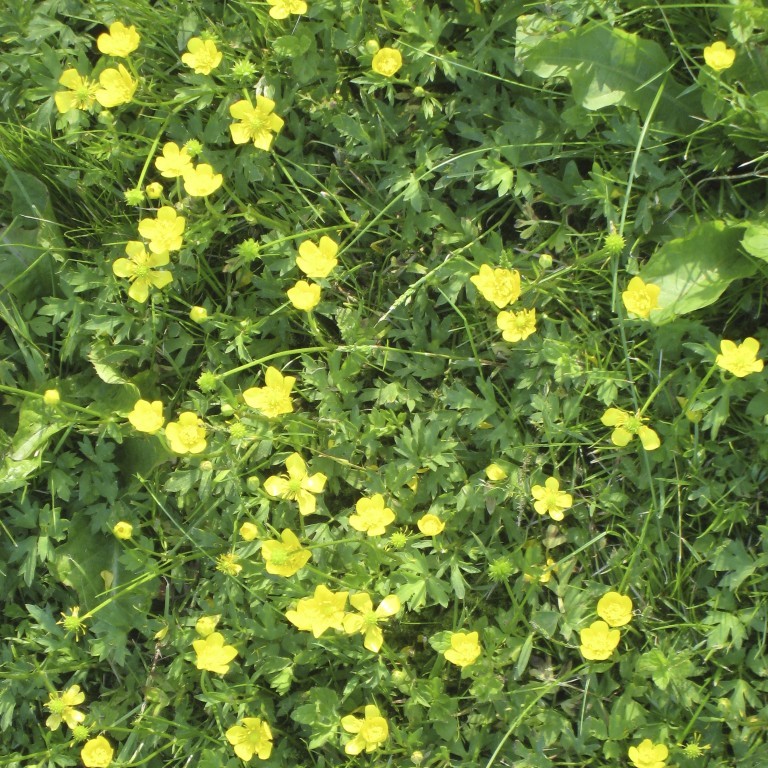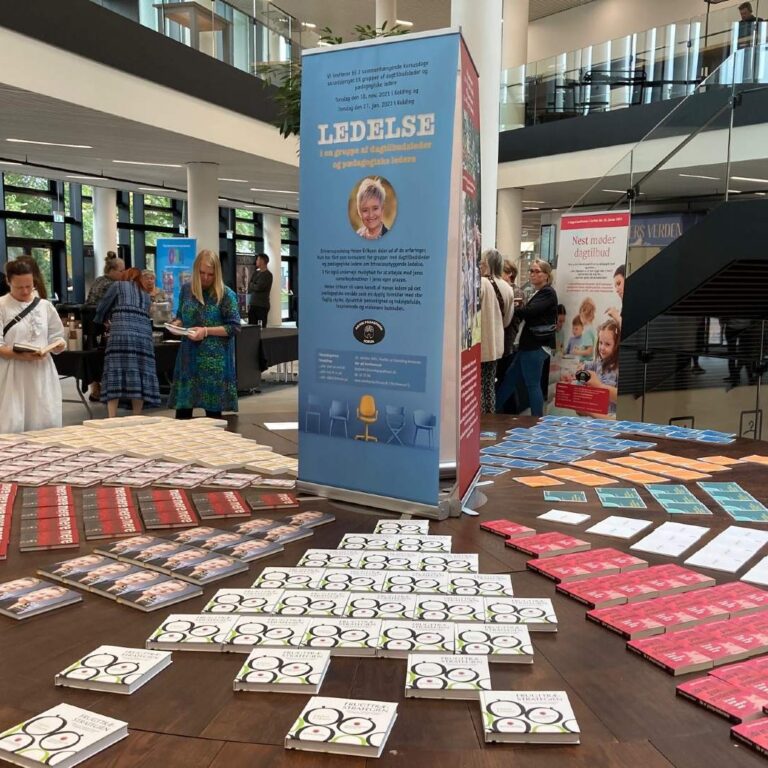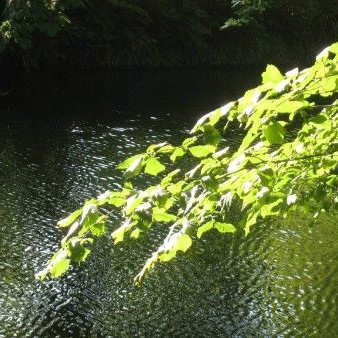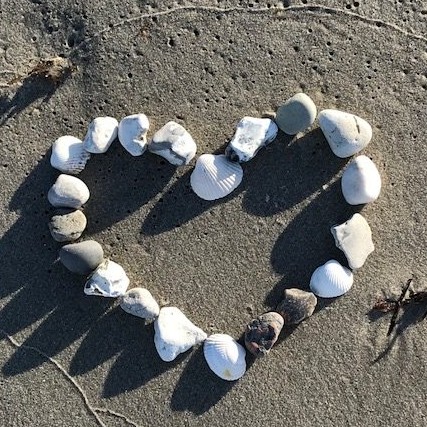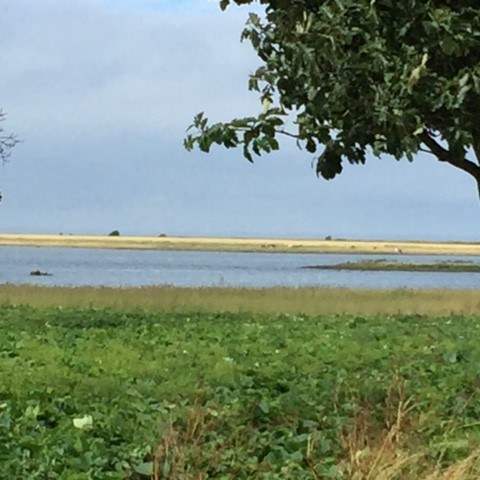We thrive best when, as individuals, employees, and leaders, we have the opportunity to give while also growing from it. However, we can only do that when we remember to recover and occasionally take the time for a self-loving 'give-while-I-grow' check. That's why breaks and mental breathing spaces are so crucial for our well-being, to the extent that they can actually be equated with fundamental needs like sleep and nutrition.
If you've read my books or attended my lectures, you've probably heard me talk about fruit trees.
Maybe you've even heard about my Fruit Tree strategy? And there is a good reason why fruit trees have been one of my faithful metaphorical companions for many years. Because fruit trees are ingenious, nothing less, and we can learn a lot from them when it comes to well-being, meaning, coherence - and the need for restitution.
But Helen, why are fruit trees so ingenious, you might be thinking?
I'll tell you. Fruit trees bloom, bear fruit, go dormant, and then in a new round, they bloom again next spring. They thrive because they give while simultaneously growing from what they have, they have a clear purpose, rhythms, and are not subject to any demand to constantly perform at their peak.
In exactly the same way, it is with us humans. For us to thrive and feel internally motivated, we need three things in particular (Ryan & Deci). We need to feel that we belong and make a difference to others (belonging and relationships), that we have autonomy (autonomy), and that we also have the opportunity to learn and develop (competence). In other words, we need to give while simultaneously growing from it!
Restitution and Self-Loving Breathers
But giving and growing simultaneously is not always easy. Especially not in a growth paradigmatic society where the "lemon" is constantly being squeezed. When we are in "constant motion," it can be incredibly difficult to feel and ask the important, self-loving questions such as:
- Am I giving in a way that also allows me to grow from it? Where I get energy and happiness myself?
- Have I changed, and maybe something new is needed in the future, what could that be?
- Who have I become? Is there something I can lovingly park and say goodbye to in my life, ways of being that have driven me but no longer serve me well?
- When I check in with myself, do I experience belonging, autonomy, that my skills are being used, that it makes sense, so I give while I grow from it? What would I like to give more space and attention to in my life, internally and in my daily life? And what could my own contribution be to adjust this and that, so it would make more sense?
Where on the one hand we can adjust and sometimes move towards increased well-being if we organizationally and structurally give more space for well-being-promoting dialogues about such questions, fortunately, we can also individually practice "dipping our toes" outside the hamster wheel, so we occasionally take our own little "give-while-you-grow" check.
Mindfulness, Meditation, and Forest Bathing
There can be several good techniques to use. One of them involves meditation and mindfulness. From research, we know that not many minutes of mindfulness meditation are needed to down-regulate the activity in the amygdala (the brain's alarm system), lower blood pressure, and create new neural pathways in the prefrontal cortex.
Mindfulness meditation creates a breather from the pace, ensures regeneration of mental and physical wear and tear, gives the unconscious a little talk time and invites it in, brings us more in touch with ourselves, and therefore a bit closer to an awareness of what it takes for us to give in a way that we also grow from it.
Mindfulness meditation can take place anywhere. At the desk, in the garden, or perhaps as "mindful-walking" in the forest. Much actually suggests that the latter can have a particularly good effect. In Japan, the government recommends its citizens to spend several hours in the forest each week, Japanese doctors prescribe nature and "forest bathing" for stress, and there are more than 60 certified forest therapy centers based on research in forest bathing.
Research suggests that staying in the forest can lower blood pressure and stress levels, strengthen the immune system, benefit the cardiovascular system and metabolism, lower blood sugar, improve concentration and memory, alleviate depression, increase pain threshold, provide better sleep, and more energy.
Doesn't that sound amazing? And doesn't the forest sound like the right place to take your next "give-while-you-grow" check?
For these reasons, I recently moved back to my home island Als in southern Jutland, where I have settled myself and the Eriksen Institute right up and down from what is often referred to as one of Denmark's most beautiful forests, running along the Sea: Nørreskoven.
Next spring, 2024, after the completed renovation, the Eriksen Institute will be ready to welcome the first students, and already from August this year, I will open the doors to my psychology practice. Much more about that in my upcoming writings.
Do you want to hear more from me?
And as a leader and employee, do you want more knowledge about natural ways to increase well-being, coherence, and more meaning? Then sign up for my newsletter.



